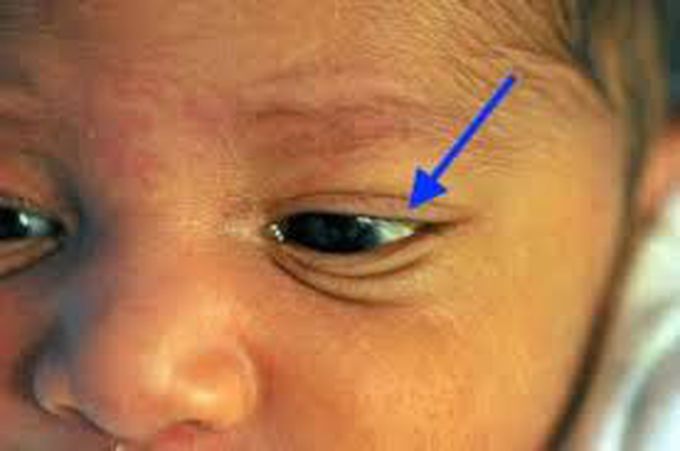


Causes of congenital hyperbilirubinemia
Bilirubin is a natural byproduct produced when red blood cells breakdown. The adult liver converts unconjugated bilirubin into a conjugated form, that be excreted. During pregnancy, the placenta excretes bilirubin but when the baby is born, the baby's immature liver must assume that role. There are several causes of hyperbilirubinemia and jaundice, including the following: Physiologic jaundice. Physiologic jaundice occurs as a "normal" response to the baby's limited ability to excrete bilirubin in the first days of life due to the immaturity of the liver. This will usually resolve by the first week of life. Breastfeeding failure jaundice. During the first few days of breastfeeding when the maternal breast milk supply is low and the baby is having trouble latching and feeding, the baby may become dehydrated. Since bilirubin is eliminated in the urine and stool, decreased urination and infrequent stools result in a buildup of bilirubin. While common in full term infants, premature infants and late preterm infants are more susceptible to this problem because they may have uncoordinated suck as well as easy fatigability. Once effective breastfeeding is established, this problem will resolve. Breast milk jaundice. About 2 percent of breastfed babies develop jaundice after the first week. It peaks about two weeks of age and can persist up to three to twelve weeks. Breast milk jaundice is thought to be caused by a substance in the breast milk that increases the reabsorption of bilirubin through the intestinal tract. Breastfeeding can usually continue or only be interrupted briefly. Jaundice from hemolysis. Jaundice may occur if there is an increase of red blood cell breakdown (hemolysis) such as that seen when there is a mismatch of maternal and fetal blood type, resulting in ABO incompatibility or hemolytic disease of the newborn (Rh disease). Increased hemolysis can also occur if the baby is bruised or develops a hematoma during delivery. Jaundice related to inadequate liver function. Jaundice may be related to prolonged liver dysfunction due to infection and other factors.

